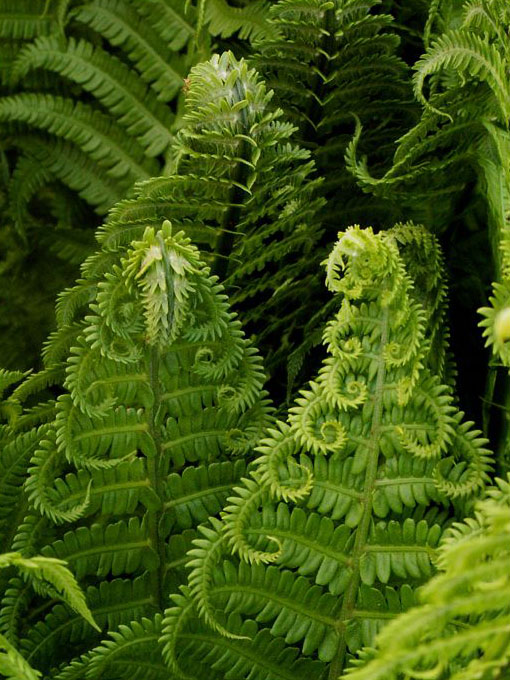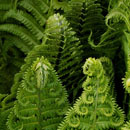Study: Plants Behave Like Humans
Sydney Morning Herald
Mon January 23, 2006
Plants are not unlike humans - they can talk to each other and even call in reinforcements when the going gets tough.
Who says so? Australian gardener Don Burke and Australian National University chemistry Professor Ben Selinger, in reviewing research on plants over the past 10 years, have come to the conclusion that many plants have human qualities.
They say plants can communicate with each other by using a range of chemical signals.
"If a plant muncher such as a caterpillar or even a koala starts chewing on a plant, the plant will start sending chemicals to its leaves in an effort to repel the chewer," Mr Burke said.
"Nearby plants will also start emitting these same chemicals, anticipating that they'll also be attacked."
Mr Burke, who writes about the phenomena in an upcoming issue of his gardening magazine, also said plants can release chemicals which attracts certain insects to protect them.
"So essentially they call in the cavalry, they call in good insects to attack the ones that are attacking them," he said.
Scientists had now identified the genes responsible for the action and were trying to combine it with other plants, Mr Burke said.
The breakthrough, published in the journal Science last year, suggested gardeners and farmers may not have to use pesticides any more, he said.
"It has huge implications for the world," Mr Burke said.
"In years ahead, instead of pouring vast amounts of toxic chemicals all over the world and therefore ourselves in one form or another, we should be able to add these genes, which are naturally occurring genes in plants, to other plants, so that they can repel insects themselves."
Mr Burke said plants also used a lot of other human qualities.
"Venus Fly Traps or sensitive plants can move, pitchers plants can eat animals, peaches and cherry for instance can count the number of cold days each year before they produce their leaves in spring," he said.
Prof Selinger described the overall picture of the research that had been done as astounding.
"Plants have always been sort of relegated as primitive compared to animals and its just not true," he said.
"But there is little research in the area. We are such an agricultural country ... I think more research could be conducted."





 Share your thoughts in the Forum
Share your thoughts in the Forum
